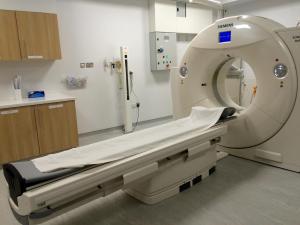
By Q Radio News
Over a quarter of cancers in Northern Ireland (27.9%) are being diagnosed through emergency routes like hospital A&E departments, according to new analysis.
This means more cancers are being diagnosed when patients come to the attention of emergency hospital medics in Northern Ireland than in some comparable high-income countries.
Researchers at University College London found that over a third of patients in England (37%), Wales (37.4%) and Scotland (38.5%) were diagnosed after being rushed into hospital. In Northern Ireland, which was measured using a different definition, emergency presentations accounted for over a quarter (27.9%) of diagnoses**.
Barbara Roulston, Cancer Research UK’s public affairs manager in Northern Ireland, said: “This is a worrying study as it confirms that too many people are only being diagnosed with cancer once their health has deteriorated to a point when they might need to go to A&E or rushed into hospital.
“This is concerning because cancer survival is lower among patients whose cancer is diagnosed after being admitted to hospital as an emergency.
“If we want to build a world-class cancer service in Northern Ireland, we need to ensure fewer patients are being diagnosed with cancer in this way.”
She added: “Despite the best efforts of its workforce, healthcare services are creaking under the weight of the pandemic, staff shortages and an overall lack of investment.
“We know that one reason so many people end up in A&E is because we don’t have enough staff and kit to test and diagnose cancer through usual routes.
“This is why we need to see long term funding for the recently announced ten-year cancer strategy for Northern Ireland. Without this there’s a real risk that cancer survival could go backwards.”
The study, published in The Lancet Oncology, and was supported by NI Cancer Registry at Queen's University Belfast, looked at 857,068 cancer cases diagnosed between 2012 and 2017, in six comparable countries (Australia, Canada, Denmark, New Zealand, Norway and the UK). Cancer types included were oesophageal, stomach, colon, rectal, liver, pancreatic, lung and ovarian cancers.
The proportion of emergency presentations ranged from 42.5% in New Zealand to 24% in the Australian state of Victoria – indicating a global problem.
Older patients and those with advanced cancer were most likely to be diagnosed through an emergency route – as were cancers with often non-specific, vague symptoms, such as pancreatic, liver, lung, and ovarian.



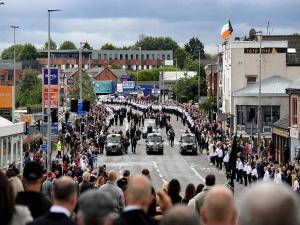 Investigation into ‘missing’ notes from key Executive meeting
Investigation into ‘missing’ notes from key Executive meeting
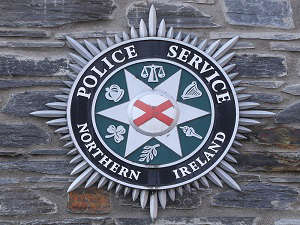 Teenage girl killed in road crash named as Kamile Vaicikonyte
Teenage girl killed in road crash named as Kamile Vaicikonyte
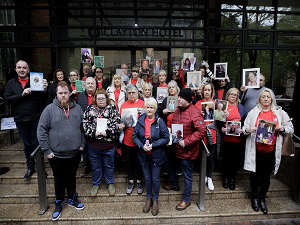 Covid-19 inquiry ‘an opportunity for candour’ from Stormont leaders
Covid-19 inquiry ‘an opportunity for candour’ from Stormont leaders
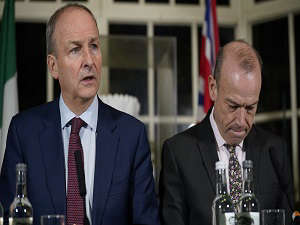 UK and Irish ministers to meet amid row over migration
UK and Irish ministers to meet amid row over migration
 Three men set to go on trial for murder of journalist Lyra McKee
Three men set to go on trial for murder of journalist Lyra McKee